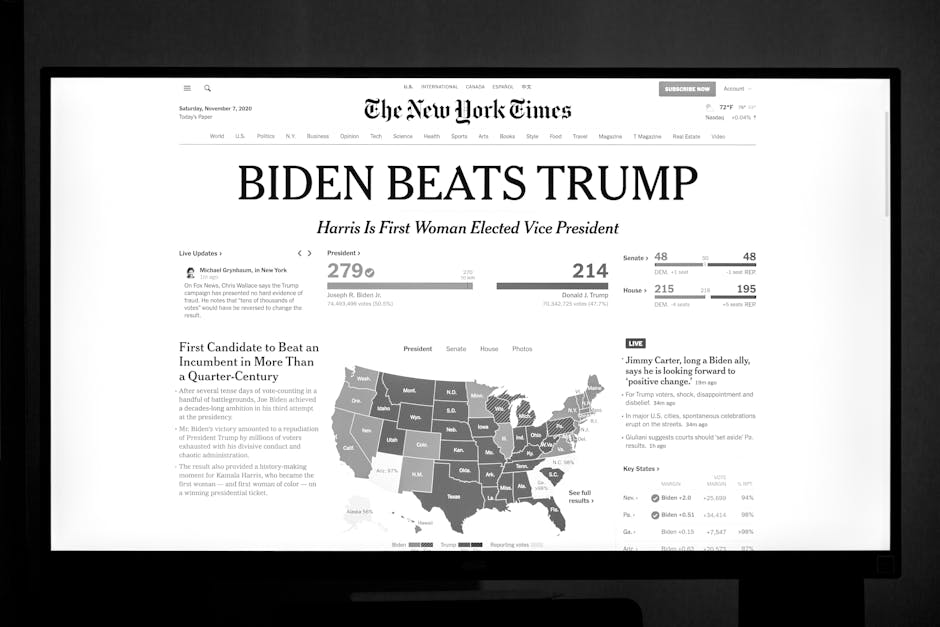Former U.S. Vice President Dick Cheney has passed away at the age of 84, leaving behind a complex legacy in American politics. Known for his pivotal role during turbulent times, Cheney’s influence on both domestic and foreign policies was significant.
Political Career and Influence

Born in Lincoln, Nebraska, Dick Cheney served as Vice President under President George W. Bush from 2001 to 2009. His career in politics spanned several decades, including roles as a congressman and as the Secretary of Defense under President George H. W. Bush. Cheney’s tenure as Vice President was marked by significant events such as the September 11 attacks and the subsequent War on Terror, including the invasions of Afghanistan and Iraq.
Cheney was often viewed as one of the most powerful vice presidents in U.S. history, wielding considerable influence over foreign policy decisions. His assertive stance on national security issues often sparked debate and controversy, particularly surrounding the use of enhanced interrogation techniques and surveillance practices.
Economic Policies and Domestic Impact

On the domestic front, Cheney advocated for significant tax cuts and was a staunch supporter of energy sector expansion. His policies often favored deregulation, aiming to stimulate economic growth by reducing government intervention. This approach, while praised by some for boosting certain industries, also faced criticism for allegedly contributing to the financial instability that culminated in the 2008 crisis.
Cheney’s focus on bolstering the defense industry through increased military spending was another hallmark of his domestic agenda. These policies contributed to ongoing debates about the federal budget and national debt during and after his time in office.
Controversies and Criticisms

Throughout his career, Cheney was never far from controversy. His support for the Iraq War, based on claims of weapons of mass destruction that were never found, remains one of the most divisive aspects of his legacy. Critics argued that the decision destabilized the Middle East, with long-term consequences that continue to unfold.
Additionally, Cheney’s role in promoting the Patriot Act raised concerns about civil liberties and government overreach. His hardline approaches often led to bipartisan debates on the balance between national security and individual freedoms.
Personal Life and Legacy

Despite his rigorous public life, Cheney was known for his reserved personal demeanor. He dealt with numerous health issues, including a series of heart attacks over the years. His family life was highlighted by his marriage to Lynne Cheney, with whom he shared two daughters.
Cheney’s legacy remains contentious; for some, he is seen as a steadfast patriot who prioritized national security, while others criticize his methods and impacts. His memoir, In My Time, offers insight into his perspective on his political choices and their repercussions.
As history takes stock of Dick Cheney’s contributions and controversies, his impact on American politics will be analyzed and debated for years to come. Despite differing opinions, his role in shaping early 21st-century policies is undeniable.





